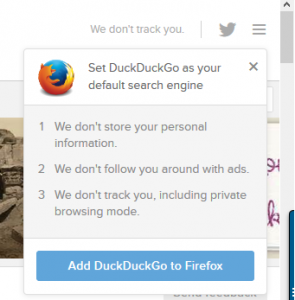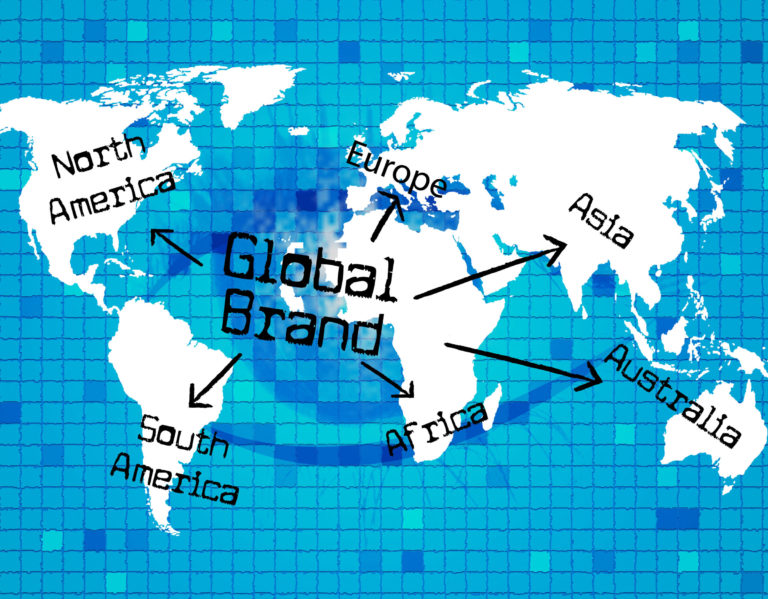What is DuckDuckGo and Why Should You Be Using It?
DuckDuckGo (DDG for short) started as a small business in Gabriel Weinberg’s dusty basement, as an experiment combining various business ideas of his into one, thinking it would create an interesting search experience. At this time of course Google was already booming and enjoying nearly all the market share, and to compete against that was thought to be next to impossible. Until Weinberg thought of the way to set DuckDuckGo apart – respecting user privacy… wait, what?

DDG has also developed something they call “instant answers” which appear above the ads and generated search links. Google does something similar now with their “knowledge graphs”. A link graph is how Google sees the way pages link to each other. Facebook has used a “social graph” to understand how people are connected to each other. Google is using this “knowledge graph” to build relationships between people, places, and things to be able to report common facts about them.
While Google, with it’s head start in algorithm development, may offer slightly better search results, if you’re concerned about your privacy and personal search history, DDG may be a good search-route for you instead of using Google all the time!







